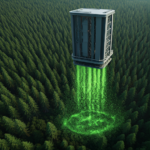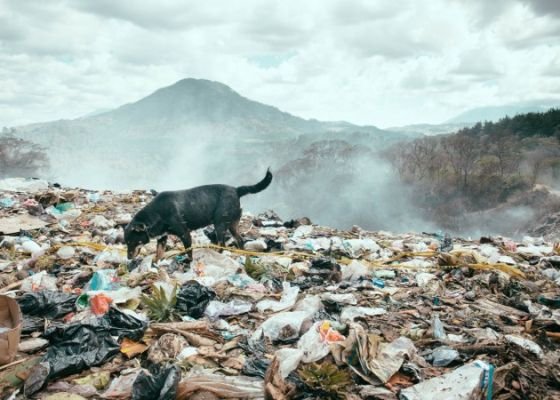A new study has found that Garbage dumps are resulting in a shift in food habits of birds and wild animals. The study examined the relationship between animal type and behavior vis-à-vis the risk of plastic ingestion.
The plastic waste which is known to cause health complications and disruptive reproductive patterns in animals that accidentally ingest it. It also causes environmental pollution through chemicals leaching from it.
The researchers used direct observation as well as infrared camera-traps to monitor animal visits and food intake behaviour at two selected sites in the Nainital district tourist spot.
The location assumes importance because of presence of 200 bird species and 75 mammals in the area. The dumping site was characterized by leftover food mixed with non-biodegradable waste such as plastics, glass bottles, metal cans, light bulbs, cartons etc.
A total of 32 species of animals and birds were identified which were seen to feed on garbage.
Based on the observed behavior of animal at the sites, researchers divided them into different groups. Peckers, who used beaks to pull out food from plastics, included 19 species of birds.
The second group was of handlers – two species of animals with hand like front body parts that were capable to segregate food from other waste.
The last group identified was gulpers, who lacked hand-like organs as well as mouthparts and thus could not separate food from plastics.
The study concludes that the plastics present in garbage gets ingested by wild animals, leading to lethal injuries and damage to digestive tract which results in starvation, ulceration of stomach, reduced fitness, growth problems and premature death so there should be segregation of waste generated from domestic and other activities at the source itself in order to prevent harm to animal feeding on it and also to address the problem of ecological impact of non-biodegradable waste accumulation.
This is a ‘India Science Wire’ story, edited by Clean-Future Team






